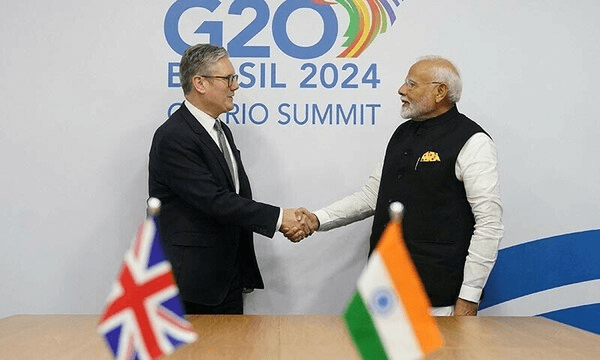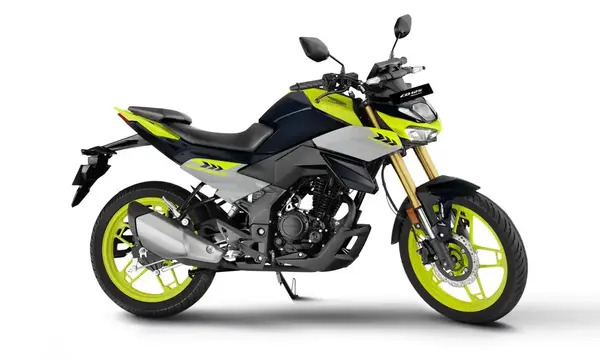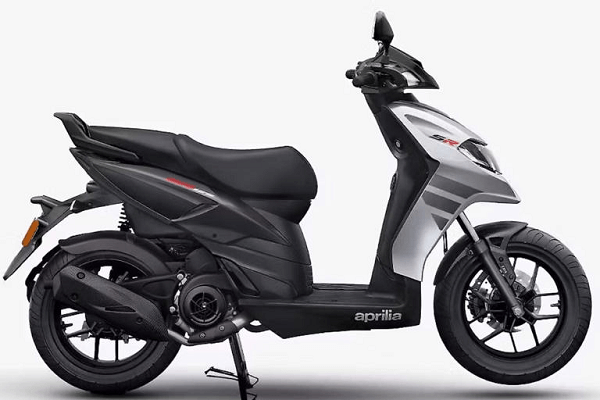The India-UK Free Trade Agreement was recently finalized on Monday, May 6, 2025. This was announced following a telephone conversation between Indian Prime Minister Narendra Modi and UK Prime Minister Keir Starmer.
The formal signing of the legal text is expected to follow after necessary legal verifications and governmental procedures in both countries are completed.
The conclusion of the FTA was the result of sustained efforts and negotiations over nearly three and a half years. The India-UK FTA presents a different future for the Indian auto industry with both unique opportunities and challenges.
This article will discuss the benefits of this international trade agreement for the Indian auto industry.
Why does the India-UK Free Trade Agreement matter?
This landmark agreement aims to deepen economic ties and boost trade between the two nations.
For India, it means easier access to the UK market, a boost to some key sectors, more job creation, relaxed visa pathways, more FDI from the UK, and more benefits.
For the UK, it means access to the large Indian market, reduced tariffs on key exports like whisky, automobiles, cosmetics, medical devices, etc., easier access to various Indian goods, and more benefits.
Also read: Leapmotor EVs Coming to India via Stellantis
Potential benefits and opportunities of this agreement for the Indian auto sector
This FTA opens many of the UK's doors for the Indian automobile industry and offers more choices for Indian automobile buyers and manufacturers. Here are some key benefits that we can see:
- Reduction of import tariffs from 100% to 10% under a specified quota. This will make premium and luxury vehicles from brands like Jaguar Land Rover (JLR), Aston Martin, Bentley, Rolls-Royce, and Mini more accessible in the Indian market.
- New and wider export opportunities for the Indian auto components and engines manufacturing sector. This will boost both labor-intensive and technology-driven industries.
- The closer economic ties fostered by the FTA could lead to increased technology transfer and collaborations between Indian and UK automotive companies. This could involve joint ventures, research and development partnerships, and the adoption of advanced manufacturing techniques in India.
- Indian companies with a manufacturing presence in the UK, such as TVS Motors (owner of Norton Motorcycles) and Tata Motors (owner of JLR), are expected to benefit.
- The FTA is expected to create a more favorable environment for foreign direct investment (FDI) in the Indian automotive sector from the UK. This can lead to expansion of manufacturing facilities.
- Greater integration of the Indian auto industry into global automotive supply chains, with the UK serving as a gateway to European markets.
The India-UK FTA is not all good for India, but also presents a shift in automobile market dynamics. For example, the increased competition in the premium car market is due to reduced tariffs on UK imports.












